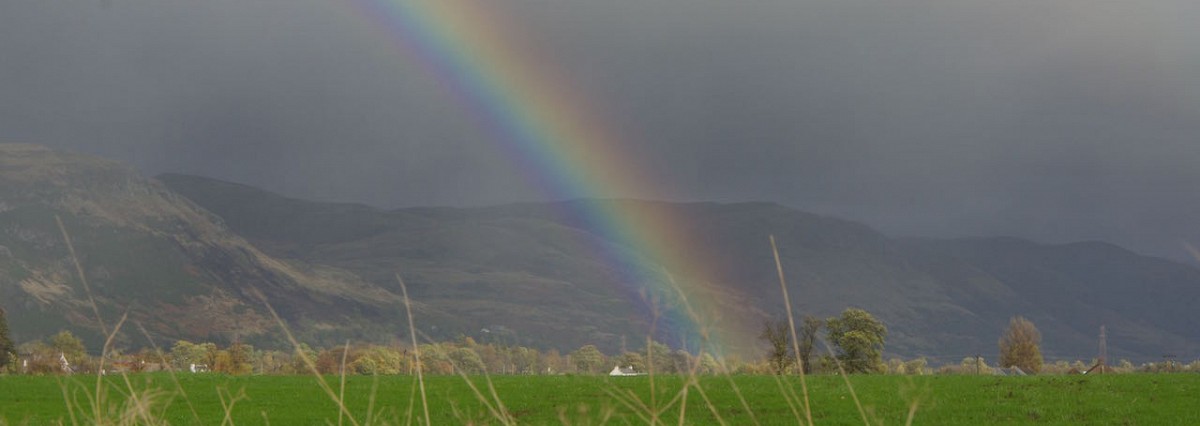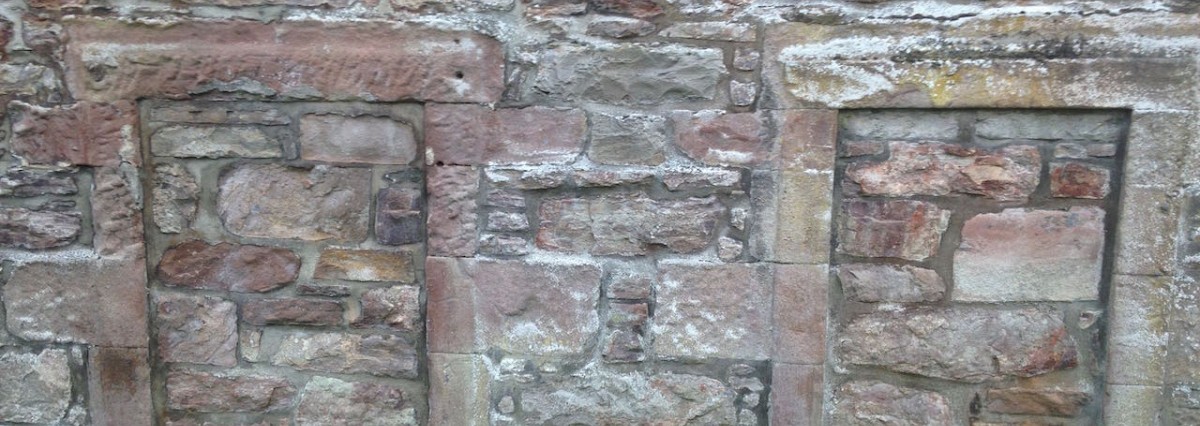Conference Report: More Slaves Today than at any Time in Human History
The conference was held on Saturday 7th October 2017 and attended by over 100 people. The programme for the day comprised plenary papers from a range of invited speakers and parallel sessions where researchers and practitioners presented their work. The conference concluded with a panel discussion when representatives of a range of different Christian denominations responded to questions from the floor and discussed key issues that had arisen during the day.
Plenary papers
The opening address was given by MSP Ash Denham who is Co-Convener of the Scottish Parliament's Cross Party Group on human trafficking and exploitation. She stated that the buying and selling of human beings is now the second most lucrative illegal business in the world and highlighted the work of the Scottish Government over recent years in introducing legislation to tackle this problem.
Detective Superintendent Stuart Houston, who is the head of the National Human Trafficking Unit, gave a plenary paper in which he stated that, in 2016, 159 cases had been referred to the National Referral Mechanism (NRM), which is the process by which people who have been trafficked can gain help and support. 26% of them were juveniles. Vietnam was the country from which the largest number of people are trafficked into Scotland. The point was made that the number of people referred to the NRM probably represents only a fraction of the number of people who are trafficked. However, because of the illicit nature of human trafficking, actual numbers cannot be determined. DS Houston stated that car washes and nail bars, the agriculture sector and the fisheries industry were highlighted as areas where trafficked victims have been forced to work.
We also heard from Sam Poling, an investigative journalist with BBC Scotland, whose television programme, 'Humans for Sale, was broadcast in May 2017. Sam travelled across Eastern Europe to track down victims sold to Glasgow gangs in sham marriages and for sex. She described scenes of extreme poverty and deprivation of the places where the women came from and the misery of their existence, contrasting this with the luxury in which the alleged traffickers appeared to live. She challenged us, saying that our consumerist society makes us all complicit in the exploitation experienced by victims of trafficking. While we all like a bargain, she suggested that we often silently look away. When we get the cheap car wash/nail polish/newly laid driveway at a knock-down price, are not we too complicit?
Parallel papers
Time constraints dictated that presentation of the remaining papers should be given during parallel sessions. We heard from postgraduate students, academic staff, and practitioners who reported on their work in Russia, Thailand and Africa as well as here in Scotland.
One session focused on the contribution of the legal professions, with the first presentation given by Jennifer Escott. She described on a project in which she provided support to the legal infrastructure in rural areas in the north of Malawi by training paralegals and also representing victims of human trafficking and other forms of abuse. This was followed by Dr Anni Pues who highlighted the role of the International Criminal Court (ICC) in addressing human trafficking, citing cases in Libya, Uganda and Nigeria. The final presentation in this session was from Louise Crichton who described the legal process that victims of human trafficking undergo in the UK with regards the National Referral Mechanism and compared this with the asylum seeking process.
The papers that were presented concurrently by Professor Mary Buckley of Cambridge University, Dr Glenn Miles, and PhD student Shawna Warner related to human trafficking in Russia, Thailand and north north-east Asia. It was striking that many factors are common to human trafficking in each of these countries and include cultural norms, gender discrimination, disability, ethnicity, poverty, and complicit government and law enforcement officials.
Dr Paul Rigby discussed support services available in Scotland to children who are exploited through trafficking. He contended that at present they are subject to a bureaucratic process of identification and labelling through the National Referral Mechanism, which is not child focused, and labels them first and foremost as victims of trafficking rather than children with a wide range of needs and risks.
Rebekah Brown, a medical student at the University of Dundee, reported a study of medical students' knowledge of human trafficking and its potential health effects. She reported significant positive improvements in their knowledge following a training programme.
Osasare Igbinomwar is a PhD student at the University of Stirling who conducted a study in his home country of Nigeria. He pointed out that the people who are trafficked are not the only victims, suggesting out that families and entire nations can suffer. He claimed that Nigeria's entire population is also threatened and exploited, with young people unable to attain their full potentials, adding to development challenges for developing source countries like Nigeria in Sub Sahara Africa.
Panel discussion
The final item on the conference programme was a panel discussion amongst members of the audience and speakers from three different Christian denominations. Speakers on the panel were Dr Carrie Pemberton Ford, Director of the Cambridge Centre for Applied Research in Human Trafficking, Dr Marion Carson, Chair of the European Federation Anti-Trafficking Network and a member of the Scottish Churches Anti-Human Trafficking Group, and Professor Hazel Watson, former Convener of the Scottish Churches Anti-Human Trafficking Group.
The ensuing discussion threw up more questions than answers. Among the topics explored were the scale and complexity of the problem, the need for inter-agency dialogue as well as ecumenical and inter-faith co-operation and communication. We were challenged to reflect on the contradiction between some biblical teaching that apparently condones and accepts slavery, and the fact that God loves us all equally and that Jesus came to heal the broken hearted and to set the captives free.
The day concluded with a vote of thanks and prayer led by the Reverend William Young, a member of the Scottish Churches Anti-Human Trafficking Group.
Presentations from the event
Please find below copies of the presentations of the following participants:




